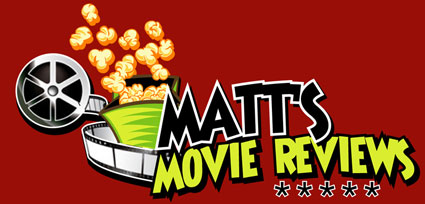A moving and innovative addition to a beloved film series, Creed successfully delivers the right combinations that made Rocky such a knock out winner, in the process establishing director Ryan Coogler as a filmmaker of strong visual skill and deft emotional touch.
The Rocky series is the creation of Sylvester Stallone. He birthed it, he raised it, and he laid it to rest with Rocky Balboa, a satisfying conclusion that took many by surprise with its heartfelt exploration into letting go. Yet just like the Italian Stallion says: “It ain’t over til it’s over.”
Enter director Ryan Coogler, who follows his independent hit Fruitvale Station with what is both a rousing tribute and stirring follow up to a film series that holds much personal value to the Oakland native (his ill father is a huge fan of the series), and could very well be the calling card to a long and fruitful career.
Surprisingly Stallone (who is known to milk his successes until there’s nothing but dust) did not write one word of Creed, nor is his infamous and beloved creation the main subject. No, that would be Adonis Johnson, illegitimate son of former world heavyweight champion Apollo Creed (played famously in the first four Rocky movies by Carl Weathers) who in his attempt to create his own legacy convinces an ageing Rocky Balboa to train and mould him into the great fighter he was born to be.
Taking on the title role is Michael B. Jordan in a bravura performance that is sure to win many an award and elevate his star status. Along with the impressive physical transition that comes to fruition in the films explosive fight sequences, Jordan perfectly portrays the trash talking confidence, seething anger, heartbreaking fragility, and complex identity issues that his character juggles with.
From one actor making his mark to another entering what might be his final phase, Stallone is triumphantly good in his 7th (or 7 and a ¼ is you count boxing comedy Grudge Match) portrayal of Rocky Balboa, continuing the strong showing from the franchises last instalment to create something more heartfelt, more sympathetic, and much more real.
Where Stallone previously wrote every line of dialogue in the Rocky pantheon, this time his creative absence leaves open new avenues for his iconic creation to venture into, providing Stallone opportunity to flex dramatic muscles that reminds of the potential which this “King of Action” once had as a dramatic force in the vein of Brando (also seen in the underappreciated Copland).
On top of being a beautifully performed and written movie, Creed is also quite the technical marvel. Marvellous cinematography by Maryse Alberti, terrific editing by Claudia Castello and Michael P. Shawver, and a triumphant score from Ludwig Goransson (who expertly takes the classic Rocky theme and remixes it amidst dazzling layers of fresh compositions that both drive and bring that extra emotional touch) all adds to Coogler’s innovative and moving direction.
Case in point is a fight scene between the protagonist and a talented young fighter, prepared and captured by Coogler in one single tracking shot that thrusts the viewer into the squared circle and has them feel every bit of the excitement, danger, physicality and emotional weight that these characters carry with every punch.
Coogler expertly blends passion with precision and emotional storytelling with state-of-the-art technique in creating a movie that not only lives up to a legacy, but becomes a legend in its own right. Creed is an example of a franchise addition that beats a strong heart, never lost is nostalgia but always mindful of the past while establishing roots in the present. Much like Stallone’s original 6-part opus, here’s hoping to more rounds in this fighting movie.
|
